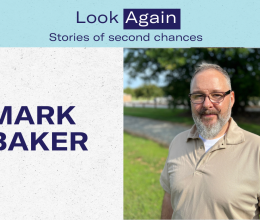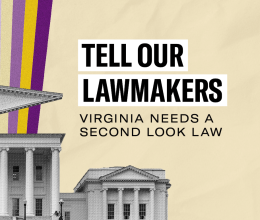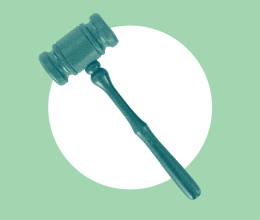Amicus brief filed in Fourth Circuit Court of Appeals on behalf of man held at gunpoint, searched and questioned by private security guards.
Chesterfield County, VA – The ACLU of Virginia has filed a friend-of-the-court brief asking the entire Fourth Circuit Court of Appeals to reverse an earlier three-judge panel decision that private security guards are not bound by the Constitution when detaining and arresting suspects.
“The reality is that we now have twice as many private security guards, armed and wearing uniforms, as we do public police,” said ACLU of Virginia Executive Director Kent Willis. “The government vets them, requires them to be trained and registered, and gives them the power of arrest and search. Common sense -- and hopefully the law -- dictates that private security guards be required to follow constitutional protocol when they point a gun at you.”
The ACLU’s brief argues that private security guards are state actors, much like police officers, even though they are not employed by the government. The case in question stems from a 2008 incident at a Chesterfield County apartment complex in which private security guards drew their weapons on an individual who was acting suspiciously. The guards then questioned the suspect without giving a Miranda warning and searched him.
The lower court found that the suspect’s constitutional rights were violated because the security guards should have followed the same protocol required of police officers when detaining and searching a suspect. On appeal, however, a split decision from a three-judge panel of the Fourth Circuit held that the security guards were privately employed and therefore not bound by the Constitution.
In its brief, the ACLU of Virginia argues that state regulation of security guards and dramatic increases in the number of private security guards in recent years have changed their role in our society. It is estimated that there are now 2 million private security guards, compared to 725,000 public law enforcement officers. Because private security guards are authorized and regulated by the state and in many instances perform traditional police functions, they are de facto public police. Allowing private police to operate outside constitutional constraints permits the government to sidestep constitutional protections for criminal suspects.
The case is U.S. v. Day, 2010 WL 60900 (January 8, 2010). A copy of the ACLU of Virginia’s amicus brief is available online at: http://acluva.org/wp-content/uploads/2010/02/USvDayAmicus.pdf




